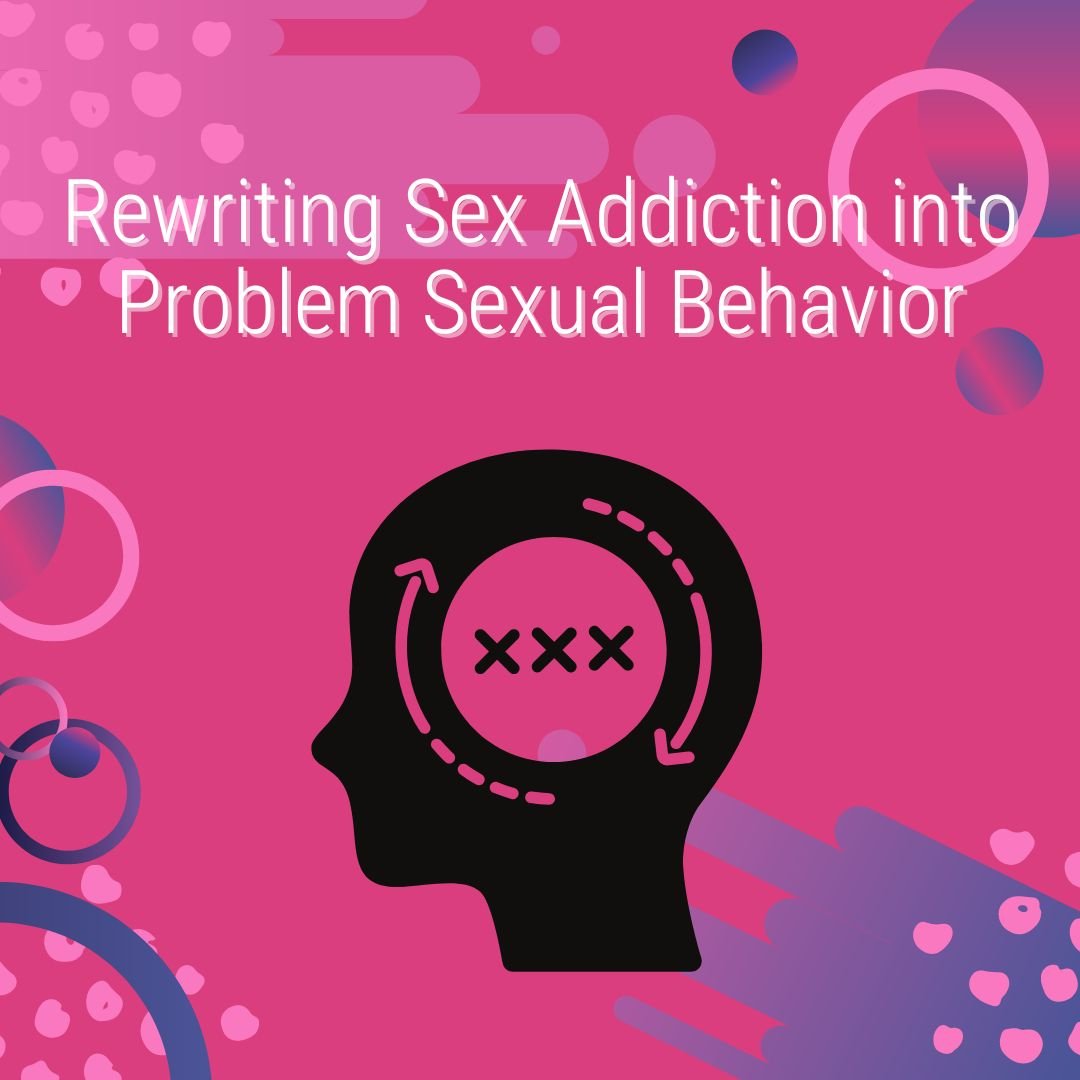From late-night talk shows to erotic novels, from documentaries to get-help ads posted in the subway, we are no strangers to the claims of sex addiction. For many years, sex addiction has been recognized as a medical condition with promises of treatment, even though no peer-reviewed journal has ever been able to back up the idea that it is real. So what do we call it then? A socially prompted phenomenon?
Dr. David Ley, a celebrated clinical psychologist, has used clinically appropriate discourse to understand the ins and outs of sex addiction, and its relation to other addictive behaviors. In his book, The Myth of Sex Addiction, he reflects on several examples from both the scientific sphere and the popular media, but nothing gets him close to empirically defining the term. That’s not to say there is a gap in the research but simply pointing out the notion that scientifically defining things that are born misconceptions is complicated. As our societies still recover from generations of sex negativity, sexual behavior, and morality are still considered like two peas in a pod. Dr. Ley thus explains the trajectory that if a particular sexual behavior is considered unacceptable in society, it is more likely to be considered unhealthy, problematic, and ultimately something that needs to be medically treated. The American Association of Sexuality Educators, Counselors, and Therapists (AASECT) position on sex and porn addiction is nothing but crystal clear. It does not advance linking problematic sexual behaviors and urges with the flawed sex or porn addiction models. There is not sufficient empirical evidence to support these addictions in the practice of sexuality education or therapy.
Porn Addiction is also often labeled as a subpart of sex addiction. Most of the research on porn addiction is based on self-report measures of people who self-identify as porn addicts. More so, as Dr. Ley further suggests, most of these subjects tend to be religiously conflicting non-heteronormative folks. Now, instead of giving therapeutic assistance to help such groups feel less shame and stigma from conservative cultural biases, calling them porn addicts brings in the misinformation that their sexual desires and behaviors are atypical and therefore can be pathologized. More so, most of these self-identifying sex addicts define their sexual behavior not as more frequent or hyper, but as something that doesn’t “fit” with their religious or cultural values. Thus, these anecdotes become less about how many times they engage in sex and more about how the individuals feel about their sexuality overall.
Wondering why that would be? A good example is how we teach people about sex in the US–abstinence only. The more people grow up learning that “indulging” in sexual behaviors, which are out of the monogamous, heteronormative, post-marital norms, is wrong, the more they will struggle to understand their sexuality in adulthood. Their out-of-the-norm desires might feel uncontrollable and distressing, even though those urges are as natural and typical as the sun rising in the east. And this is where the sex addiction claims find their space. Carpenter et al. (2013) conducted a study with male-bodied individuals seeking treatment for their hypersexuality, aka sex addiction, and showed that 92% of them were tackling a mental health disorder. In place of getting the relevant treatment for these disorders, these folks were involved in therapies that only focused on porn and masturbation avoidance. See how that becomes worrisome?
Using the terms sex/porn addiction must be discontinued from our daily and academic vocabulary as it is simply not validated by the scientific community. The people we would find still diagnosing and treating these supposed addictions are usually trying to make a fortune with sex rehabs or treatment courses. Many celebrities who self-identify as sex addicts are attracted by these rehabs to seek help for their not-so-typical sexual behaviors and desires. It’s an overall flawed industry that profits off of claiming healthy sexuality as harmful and destructive. We need to stop assuming that we can provide clear definitions of what sex and porn addiction is. The word in itself and the meaning behind it are far too complicated to simply use in the diagnosable sense. Start relying on sex-positive therapists and clinics to help you resolve the dysfunctions in your sexual experiences and stop hunting for sex rehabs on Google search. Last but not least, put an end to shaming people for their sexual behaviors and choices that might be vastly different from yours. For instance, non-traditional kink lifestyles often become something that needs to be clinically treated because it doesn’t fit the conventional norms of society.
So next time you come across the terms sex and porn addiction in your dinner table conversations or in movie titles, I hope you know how to respond!
Written by Shreya Tomar.




